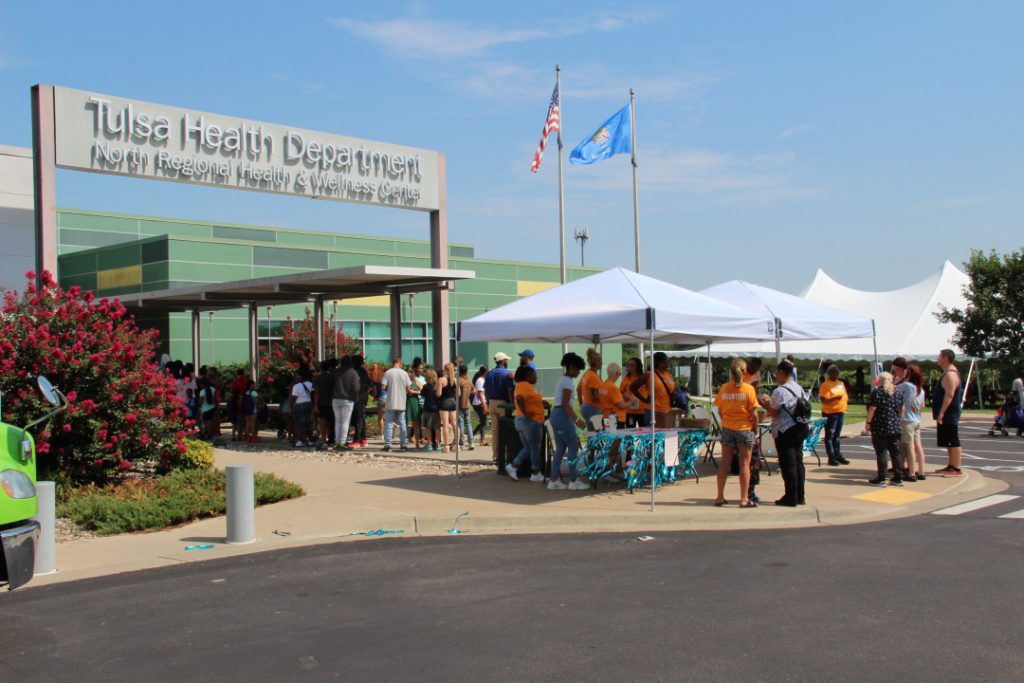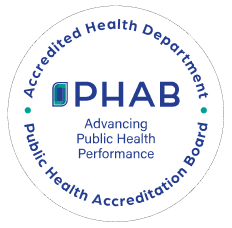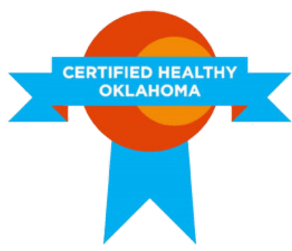Regional Prevention Coordinators (RPC) provide regional prevention services by engaging community members, local organizations, public agencies, youth and the media to change community conditions that contribute to alcohol, tobacco and other drug (ATOD) related problems. Currently, our Community Based Prevention Services (CBPS) grants focus on the prevention of alcohol, opioid and stimulant use.
The mission of the Coalition Against Prescription and Substance Abuse of Tulsa (CAPSAT) is bring diverse organizations/stakeholder and individuals together to change policies, systems, and environments for the prevention of substance abuse. CAPSAT objectives include the prevention of non-medical prescription drug, opiate/opioid, stimulant abuse and misuse through education, research, training, intervention, treatment, and enforcement. CAPSAT provides education and training on secure storage and proper disposal of prescription medications, encourage taking prescription medications as prescribed, promote the use of Narcan and facilitate a bi-annual Rx Take Back event every April and October.
Next Event: Sat, April 27, 2024 | Flyer
CAPSAT meets on the second Wednesday of every month at 1:30 p.m.
For additional information regarding CAPSAT or to request a free medication lock box and disposal bag, please call Netta Jamieson at 918-595-4462.
The STOPDUI Task Force represents a cross section of the community with the mission of promoting a healthier and safer environment for county residents. This includes citizens, government officials, law enforcement, business, health professionals and prevention and treatment specialists. The goal is to reduce the number of alcohol-related traffic crashes, injuries and fatalities through public education, awareness, legislation, policies and environmental and enforcement strategies. STOPDUI Task Force increases risk perception of impaired driving, increase perception of DUI arrests, increase the probability that impaired drivers will be subject to swift and appropriate sanctions. This is accomplished through support of DUI laws, increase public awareness through education and the dangerous consequences of drinking and driving and community dialogue about the DUI problem to create public support for changing the culture of drinking and driving in Tulsa County.
STOPDUI Task Force meets the second Tuesday of every month at 11:00 a.m.
For additional information regarding STOPDUI, please call 918-595-4513.
Alcohol Block, Strategic Prevention Framework Partnerships for Success (SPF-PFS) and Community Based Prevention Services (CBPS) Grants deliver an array of activities that build a solid foundation for delivering and sustaining effective substance abuse and/or mental health services.
This program works to:
View a list of locations where you can drop off your unwanted or unused medicines for safe and proper disposal.
After studying other state and national recommendations, the Opioid Prescribing Guidelines for Oklahoma Workgroup created guidelines for Oklahoma prescribers in 2017. The guidelines were developed to help improve communication between clinicians and patients about the risks and benefits of opioid therapy for pain management, improve the safety and effectiveness of pain treatment, and reduce the risks associated with long-term opioid therapy, including opioid use disorder, overdose, and death, while preserving patient access to needed medical treatment.
Resources:
We have 10 locations across Tulsa County that offer a variety of services to help you and your family stay healthy.







